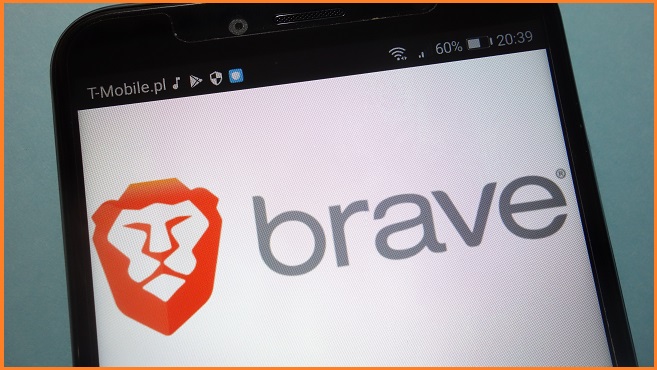Privacy-conscious internet company Brave Software is creating its own search engine that will offer an alternative to Google’s personalised search results.
Brave Search is powered by Tailcat, a search engine project it acquired which uses a “completely independent index” to deliver results.
Unlike search engines from big tech companies like Google and Microsoft, Brave said its search offering will not need to collect information about its users to deliver advertisements or improve its functionality.
The engine will have a premium ad-free search feature as well as a similar “private ad” system to that used by the Brave Browser.
CEO and co-founder of Brave Software, Brendan Eich, said the company was seeing a greater appetite for internet services that don’t rely on the kinds of mass surveillance perpetuated by big tech companies.
“Brave’s mission is to put the user first, and integrating privacy-preserving search into our platform is a necessary step to ensure that user privacy is not plundered to fuel the surveillance economy,” he said.
"Brave has grown significantly over the past year, from 11 million monthly active users to over 25 million."
Google's threat to kill Search in Australia recently raised local awareness of alternative search engines such as DuckDuckGo and Ecosia.
Brave Search will include a transparent, collaborative model for result rankings it refers to as ‘goggles’.
Described in a white paper from the company, ‘goggles’ are intended to be a way out of relying on personalised search engines such as Google Search of Microsoft Bing to find the information you want.
Leaning on the open source community, Brave Search users will develop and share their own ‘goggles’ which can be applied to different searches in order to pull up results from, or excluding, specific sites.
For example, a ‘goggle’ for tech blogs would only return search results from an open list of curated blog sites.
Another ‘goggle’ might filter out popular websites or major news organisations to give users a look at “a different version of reality”.
Brave said the idea is to give people more choice about the biases they encounter in daily internet usage – rather than only being offered personalised results – and in the process become more conscious of their own biases and the algorithmic ones that govern contemporary flows of information.
“The point is not to create an even stronger echo-bubble, which is what happens under personalistion,” the paper says.
“Rather, the aim is to promote plurality and let people proactively and consciously choose.”
In the paper, Brave outlined its Domain Specific Language (DSL) for creating ‘goggles’ which has the same syntax used by community-curated ad-blockers.
Brave Software often has an innovative take on spinning existing services into its privacy-centric business model.
The flagship Brave browser blocks trackers, cookies, and advertisements by default, giving users the chance to opt in to its own advertising ecosystem that rewards Brave users with Brave Attention Tokens (BAT) for viewing ads.
Users can choose whether they want to pass their tokens onto content creators or keep their BAT which can be exchanged for cash or other cryptocurrencies such as Bitcoin.










